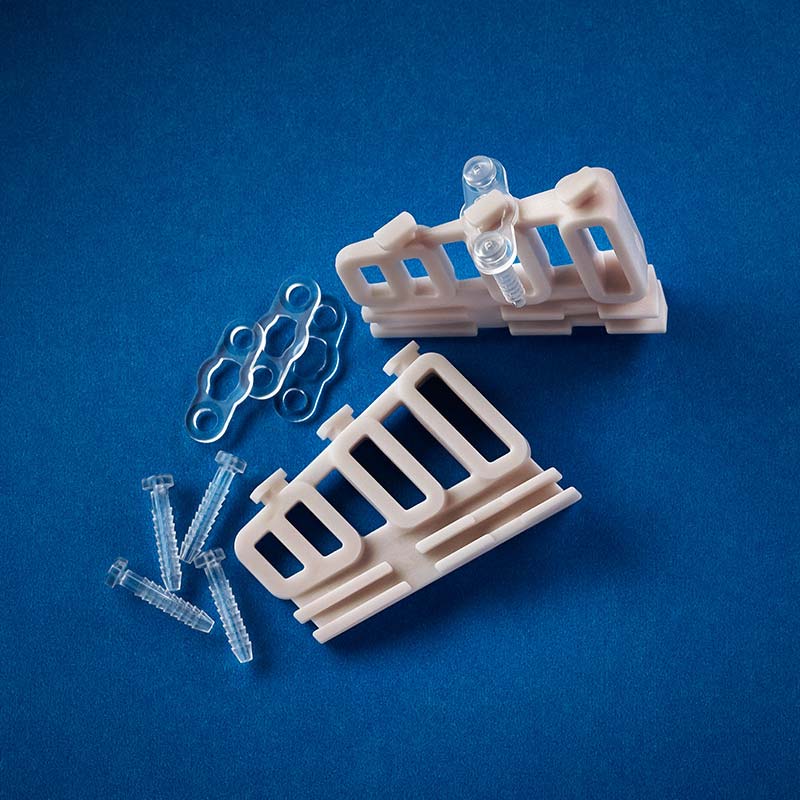As the number of implantable medical devices increases, so do the many complications that are associated with these devices. One of these has been the research and development of a new implantable medical device. In recent years, doctors have seen a growing patient population in need of these devices to stay healthy.
What are Implantable Medical Devices?
implanted medical devices are medical devices that are inserted under the skin, either via a surgery or outpatient procedure. Implantable medical device research & development have been in use for over fifty years, and have revolutionized the way we treat many conditions. Today, they are used to treat a wide variety of conditions, including heart disease, diabetes, asthma, chronic pain, and nerve damage. In fact, implantable medical devices accounted for almost $19 billion in sales in 2016.

What are the benefits of using implantable medical devices?
There are many benefits to using implantable medical devices. They can be helpful in treating a wide variety of conditions, and they can provide long-term relief. For example, implantable cardiac devices can help improve heart function and reduce the risk of heart attacks. In addition, implantable nervous system stimulators can help improve nerve function and reduce the symptoms of conditions like Parkinson’s disease.
Types of Implantable Medical Devices
When considering which implantable medical device to purchase, it is important to understand the different types of devices. Below are descriptions of the most common types of implantable medical devices.
1. Cardiac pacemakers and defibrillators: These devices help regulate heart rhythm and can be life-saving in cases of sudden cardiac arrest or arrhythmia.
2. Neurostimulators: These devices are used to treat a variety of conditions, including chronic pain, depression, seizures, and addiction.
3. Implantable cardioverter defibrillators (ICD): ICDs are larger than pacemakers and defibrillators and are used to treat more serious cardiac problems. ICDs require surgery to be installed, but they are more reliable than pacemakers and defibrillators and have a longer lifespan.